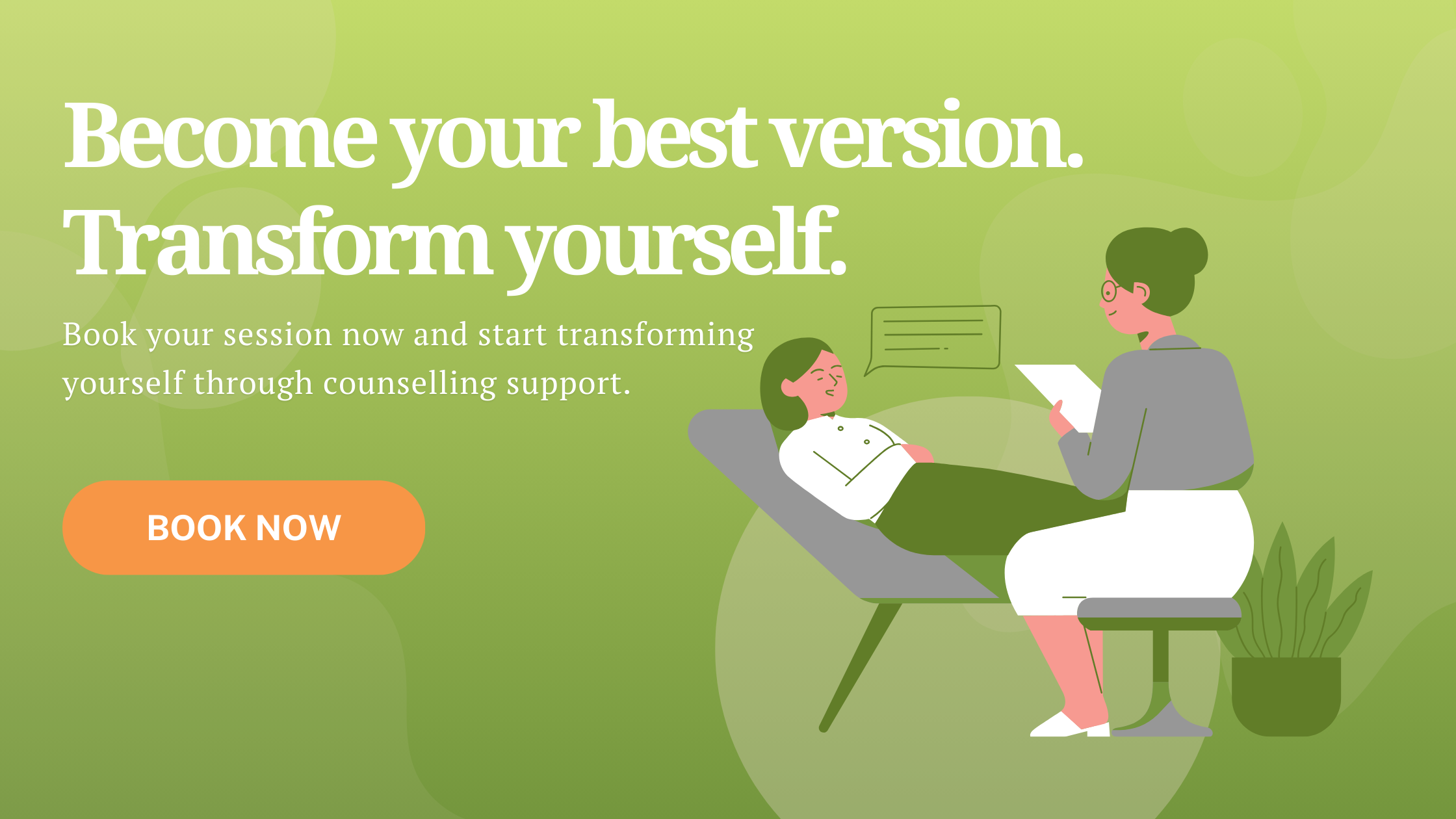
Today, it would be really difficult to find anyone who’s not using at least one form of social media. Facebook, Twitter, Instagram, Snapchat, Pinterest and many more became an inevitable part of our lives. And it can be great – isn’t the quick way to connect with your loved ones and share your experiences with each other in seconds amazing? Isn’t the opportunity to quickly consume any type of information you’re interested in, from educational to entertaining, simply awesome?
Yes, if you have a healthy relationship with social media.
But, sometimes, it can be easy to forget what it really means. Things can get in the way, addiction, comparison, competition. How to avoid it and have a healthy relationship with social media?
Social Media and Mental Health
While some studies claim the relationship between mental health and usage of social media is still vague, others have found that higher social media use could hurt our mental health in form of anxiety, depression, lower self-esteem, more negative body image, and feelings of loneliness and isolation. Which effect social media will have on your mental health depends on numerous different factors, such as the way you use it or the amount of time spent on social media.
You already know that it’s easy to fall into a dark hole of scrolling through your social media feed for hours. You also know how awful you can feel afterward. But you don’t have to give up social media completely to avoid its negative effects. If you use it the right way and have a couple of things in mind, social media can have a positive presence in your life. Here are some tips to stay happy and healthy online.
1. It’s All a Filter – And That’s Okay
We all want to be loved. We also want to leave a good impression on people. It feels great when people see us as fun, smart, pretty, and successful (be free to add your own ideal set of characteristics ?). That is perfectly fine. There is nothing wrong with enjoying compliments and wanting people to think good about you – it’s our natural tendency – as long as:
A) …it doesn’t become an obsession for you, where you don’t let people see anything that is, by your standard, less than perfect or socially desirable. If this sounds a little like you, THIS is the article that might be useful.
B) …you’re aware that other people have this desire too, and social media allows them to fulfill it.
When scrolling through your Instagram or Facebook, always remember that social media allows people to show you only the parts of them they want you to see. You usually won’t see a photo of your neighbor brushing their teeth or having a headache. However, you WILL see them enjoying a cocktail on a rooftop bar or receiving an award for something awesome. Your friends on social media have a bunch of amazing and also not-so-great moments in their lives, but it’s such an easy thing to forget. It’s so easy to get caught in a trap of believing that what you see on social media is the whole reality. So, what should you do?
Imagine social media as a filter between you and other people that lets through only positive snapshots of their lives. That is what you see on your feed. It doesn’t mean people are lying or they’re “fake”; it just means they’re showing you only certain, chosen parts of their lives. Always remember to approach social media with this mindset.
2. Comparison is a Strong Weapon Against Your Happiness
If you understand the previous point – how people show us only a filtered picture of their lives on social media – then you realize that comparing yourself to other people online makes no sense. You’re different people with different sets of characteristics, abilities, connections, life circumstances, and many more! Comparing your whole life, including all its ups and downs, with a polished picture of someone else’s is not a fair battle.
Comparison opens the door to envy, loneliness, bitterness, and a whole bunch of other unhealthy emotions you don’t want in your life. Why, then, do you let the comparison do it when it won’t increase the quality of your life in any way? The answer: because it’s an automatic reaction.
Comparison is pointless – unless you want to destroy your happiness – then it’s a powerful tool.
There are two ways to fight comparison. One is to consciously choose to notice when you start comparing yourself to others and stop. Yes, simply put an end to it right that moment. Log out, tell yourself you’re doing the pointless thing again, and unfollow the person.
The other way is to turn this automatism into your advantage by reformatting comparison into an inspiration. Remember that someone else’s happiness does not minimize your own, nor you’re doing something wrong for having a different life than that person. Instead, set your own goals, and let some of the social media posts you see serve as an inspiration and motivation to pursue them. Instead of getting jealous and falling down the rut of self-pity, you can be grateful for the inspiration that moves you towards your goal.
Your only competition is your former self.
3. No, You’re NOT Missing Out
Do you automatically reach out to your phone because maybe something interesting or exciting is happening online and you might miss it? What if others are having an amazing time and you’re not there to see it? If this sounds like you, you’re maybe experiencing fear of missing out or, popularly, FOMO.
FOMO is the type of general anxiety over the idea that others are having more exciting and fun experiences elsewhere while we’re not involved. This term is in use for more than 20 years, but more and more people are experiencing it with the rise of social media. In fact, one study showed that FOMO is the strongest contributing factor to social media addiction among youth.
What is often happening when you’re glued to your phone searching for fun online is that you’re trying to escape the reality around you.
Are you satisfied with what is going on right now in your life? Try to pinpoint the reason why getting lost in social media feeds is more interesting than being involved in the present moment. Writing it on a piece of paper might be useful. Now, what are some possible solutions? Running away from reality is not one of them.
Another thing that might help you combat this unpleasant feeling of missing out is mindfulness. When you are fully present, when you’re consciously paying attention to every moment of your life without judgment, you are making the active decision to enjoy things and the people around you.
 Being on social media can create some positive experiences in your life, but it can also become an additional stressor. If you feel that social media is impacting your mood more than it should, or you feel like it’s taking significantly more time of your day than you’d want and you find it hard to control, consider reaching out and speaking with someone. There is always a solution, and you don’t have to search for it alone.
Being on social media can create some positive experiences in your life, but it can also become an additional stressor. If you feel that social media is impacting your mood more than it should, or you feel like it’s taking significantly more time of your day than you’d want and you find it hard to control, consider reaching out and speaking with someone. There is always a solution, and you don’t have to search for it alone.
Sources:
https://mentalhealthscreening.org/blog/how-to-have-a-healthy-relationship-with-social-media
https://guilfordjournals.com/doi/10.1521/jscp.2018.37.10.751
https://www.sciencedirect.com/science/article/pii/S174014451730517X#
https://www.ntu.ac.uk/about-us/news/news-articles/2018/06/fear-of-missing-out-driving-social-media-addiction,-study-suggests
https://www.ncbi.nlm.nih.gov/pmc/articles/PMC4183915/

